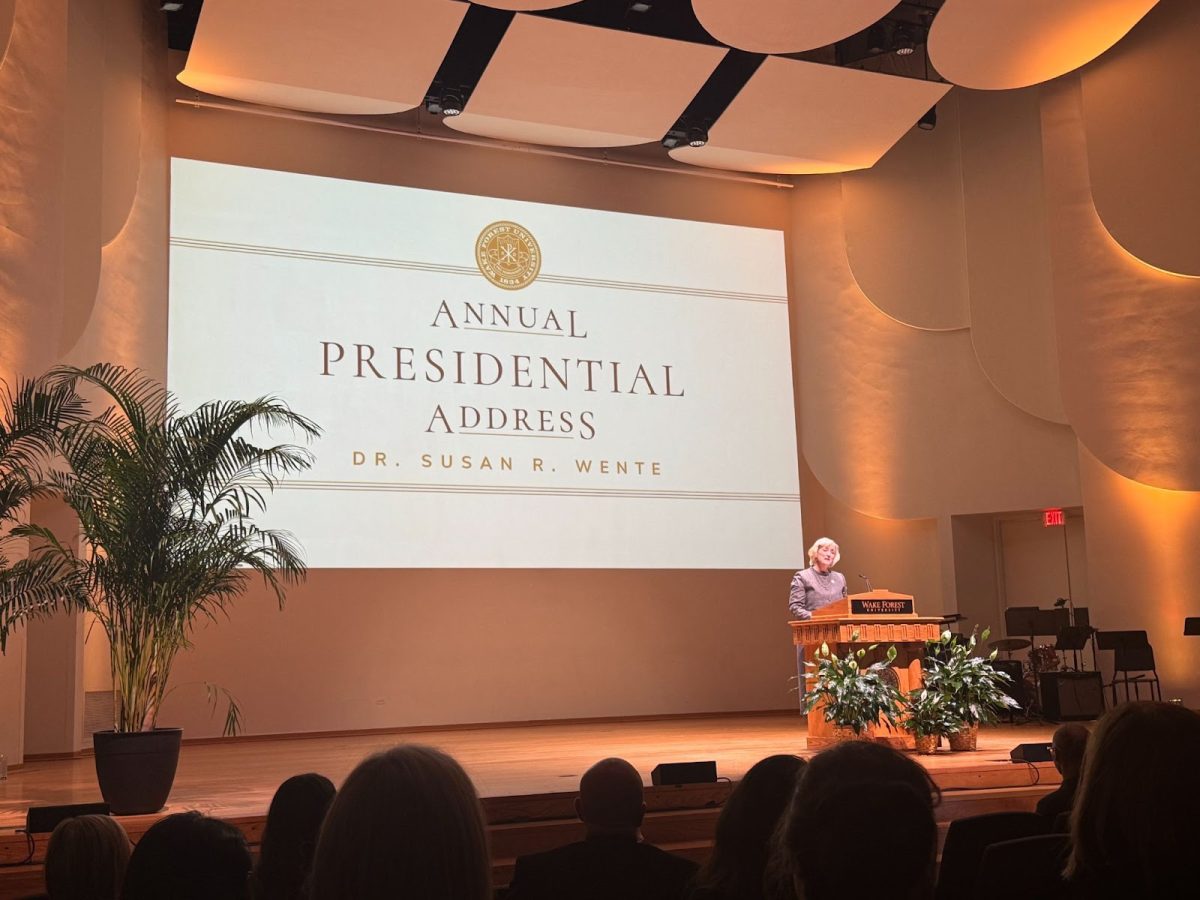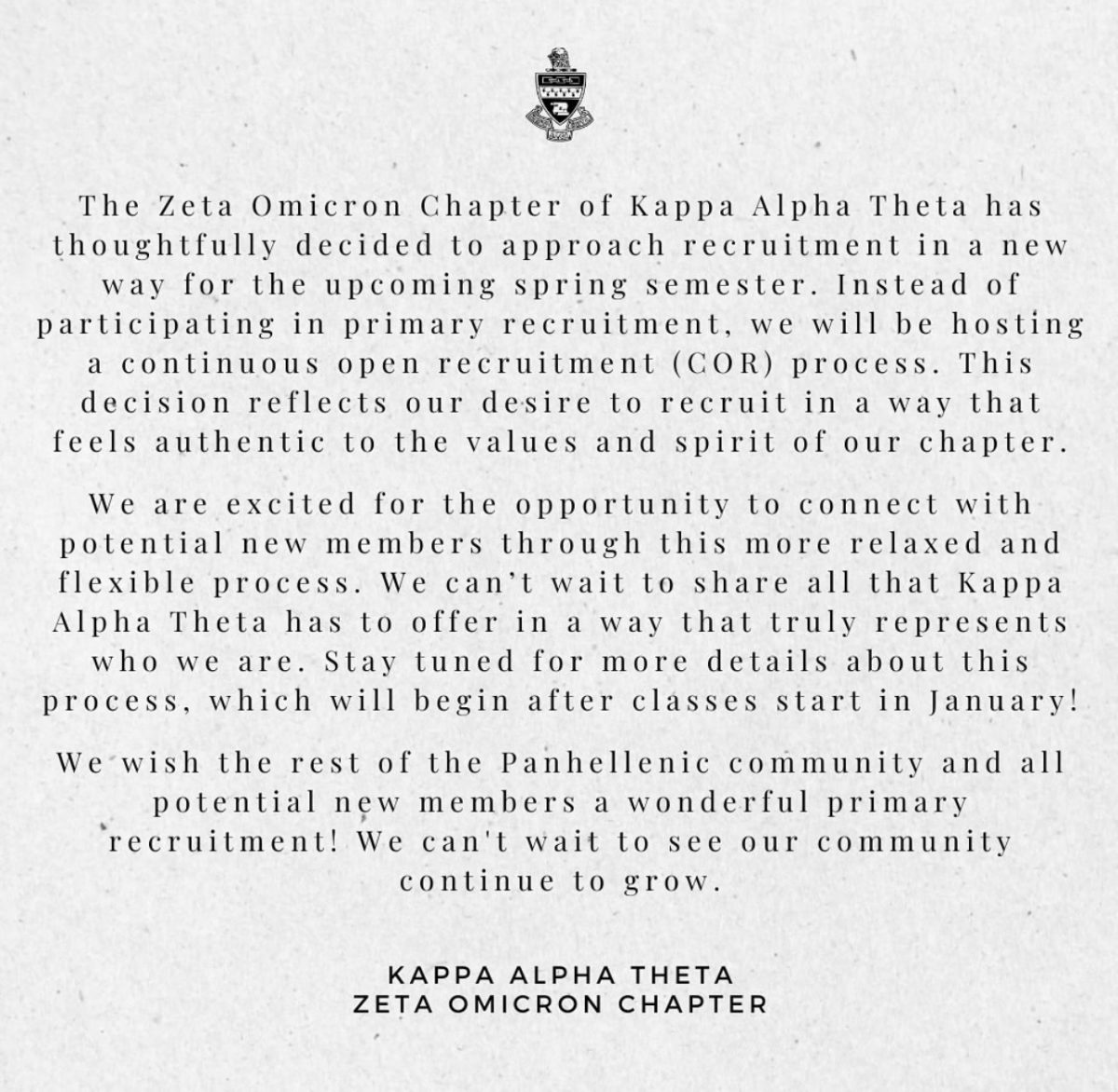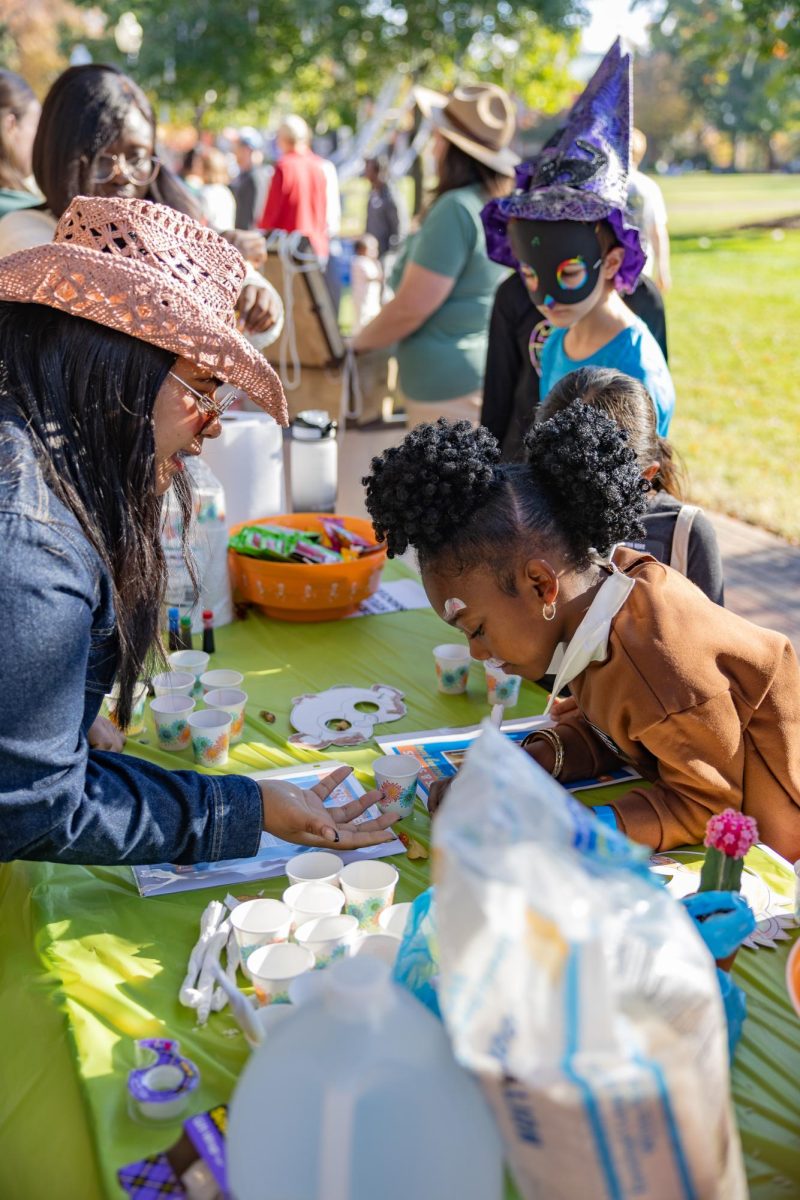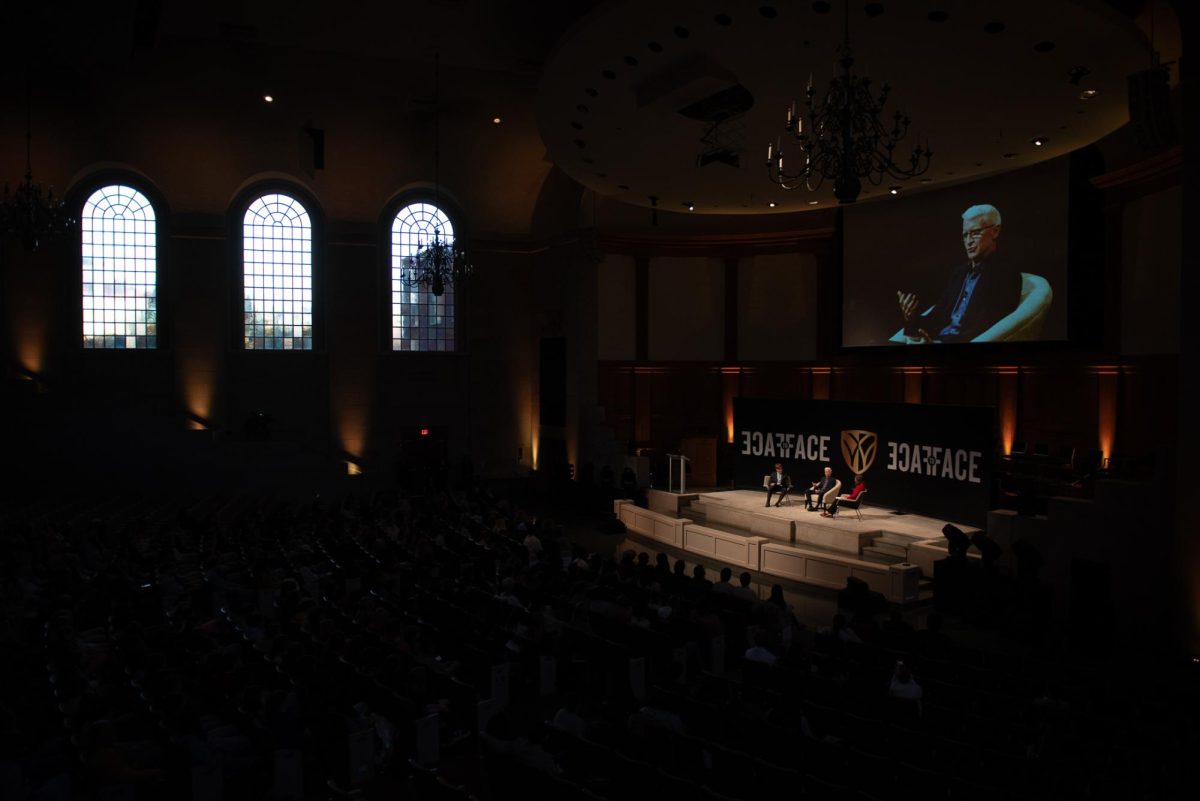Once a month, members of the Alexander Literary Organization, a student-run organization at Wake Forest, pile into their cars and drive an hour west to the Alexander Correctional Institute.
Once inside, the students trade their IDs for a visitor’s pass. Then, they make their way through a series of secured doors, across the yard and into the chapel. And then they begin class.
Alexander Correctional Institute is a men’s maximum security prison. According to Daniel Redding, clinical chaplain II at the prison and coordinator of the literary program, approximately 50 percent of inmates are serving convictions for murder, 25 percent for habitual felonies and the remaining 25 percent, for sexual crimes.
The literary organization was founded by senior Alex Gibson and is dedicated to teaching and engaging inmates at the prison in a variety of areas of study such as theater, poetry and debate. Gibson says he is majoring in English and is planning on pursuing teaching in the future.
He says he was introduced to Alexander Correctional Institute by Ulrike Wiethaus, professor of Religion and American ethnic studies during his freshman year in Religion 111, a course on Native-American traditions.
Students were required to do a project on an aspect of Native-American culture and present it to the Native-American group at Alexander Correctional Institute. Wiethaus is heavily involved at the facility with the Native-American group there. Since then, Gibson has felt obligated to help inmates at the prison.
“I always felt that I had to do more for those people, because they were so amazingly engaged, interested and kind, and it really shattered my preconceptions of what a prison is and who prisoners are,” Gibson said. “So, I felt that it was my job as an educator to do what I could to help them express educational interest to employers in the future.”
According to Gibson, each month, about seven students visit the prison and meet with a member of the group, which changes every session. They lead a program that they believe inmates will value and that will enrich their education.
The organization has led a large variety of events such as one focused on theater, one on poetry and one on debate.
Gibson, even on his first visit to the prison, was surprised by how interested and engaged the inmates were.
“These students [the inmates] were more engaged in what I was doing than in any class at Wake Forest,” Gibson said. “They remember it, too. When you go back, they say ‘I was really thinking about this, and I found a book about that topic and I’ve been reading it, and what do you think of this.’”
Junior Corinne Sugino, a member of the organization, is majoring in politics and international affairs and Religion.
She is also a member of the debate team at Wake Forest, so she chose to lead a session on debate. She says she sent materials on the debate to the prison ahead of time, allowing the inmates time to prepare.
“The value of that workshop was in gaining advocacy skills,” Sugino said. “And some of them came with pages of notes, some of them had done their own research outside of the articles that I had sent them.”
DeWayne Warren, 51, from Greensboro, N.C. is an inmate at Alexander Correctional Institute, and he explained why these sessions are so important to them.
“[They] allow us to be interested in some subjects that many of us have never even considered,” Warren said. “It allows us to see ourselves reading or studying areas that [we’ve never considered]. And without [Alexander Literary Organization] coming in and without some of the programs that are offered here, there is no rehabilitation in the penitentiary.”
Inmates like Warren do not just appreciate the content of the programs, but they also appreciate the different context in which they see each other.
“We get to see ourselves and see others in a totally different light,” Warren said. “A lot of times, we see each other based on the crimes we committed, so when we’re in these initiatives, we get to see each other outside of the [context] of the crimes we’ve committed.”
Warren isn’t the only inmate that appreciates the program. The Alexander Literary Organization asks inmates for anonymous feedback — it is overwhelmingly positive. The surveys include both quantitative data based on a five-point scale and qualitative data based on written answers to thoughts on the programs.
For instance, on a theater-themed session, the average score out of five of inmates’ overall satisfaction was a 4.9 while the level that the program affected them was an average of 4.8. In response to a question asking for general comments on the session in the qualitative section, one inmate enjoyed the session so much that he shared it with friends and loved ones.
“This was so cool that I sent the cover of the program name with a letter about my experience and had my grandpa read it and e-mail it to everyone, family, friends, etc,” the inmate said.
Feedback on other sessions is similarly impressive according to the organization’s surveys.
Gibson is graduating this spring, but Sugino will take over his leadership position in the fall.








